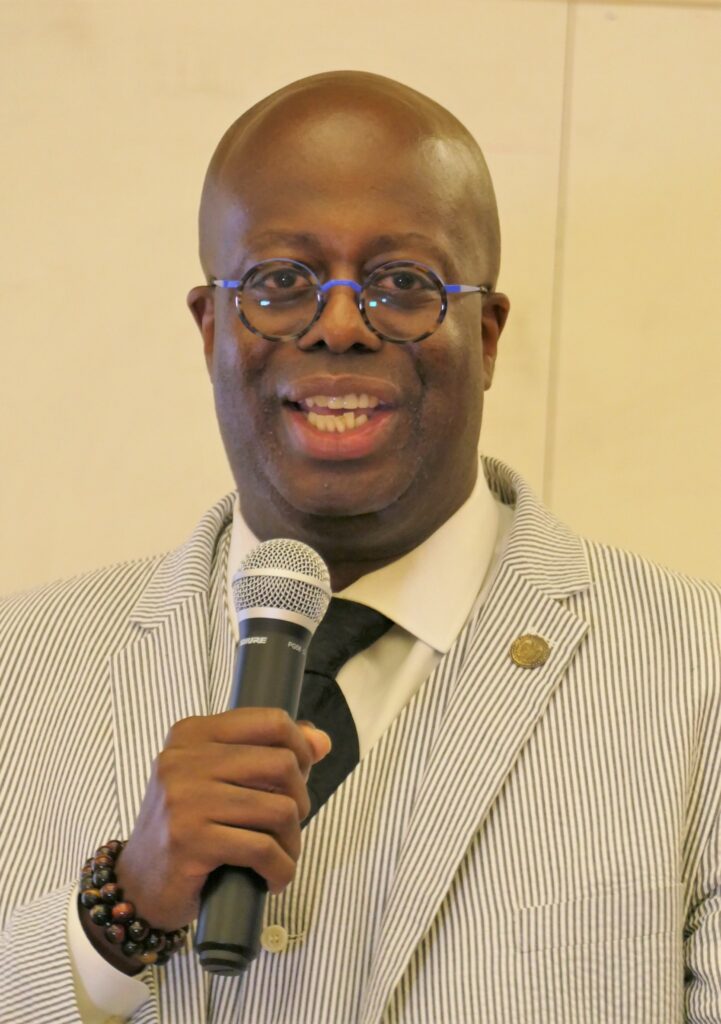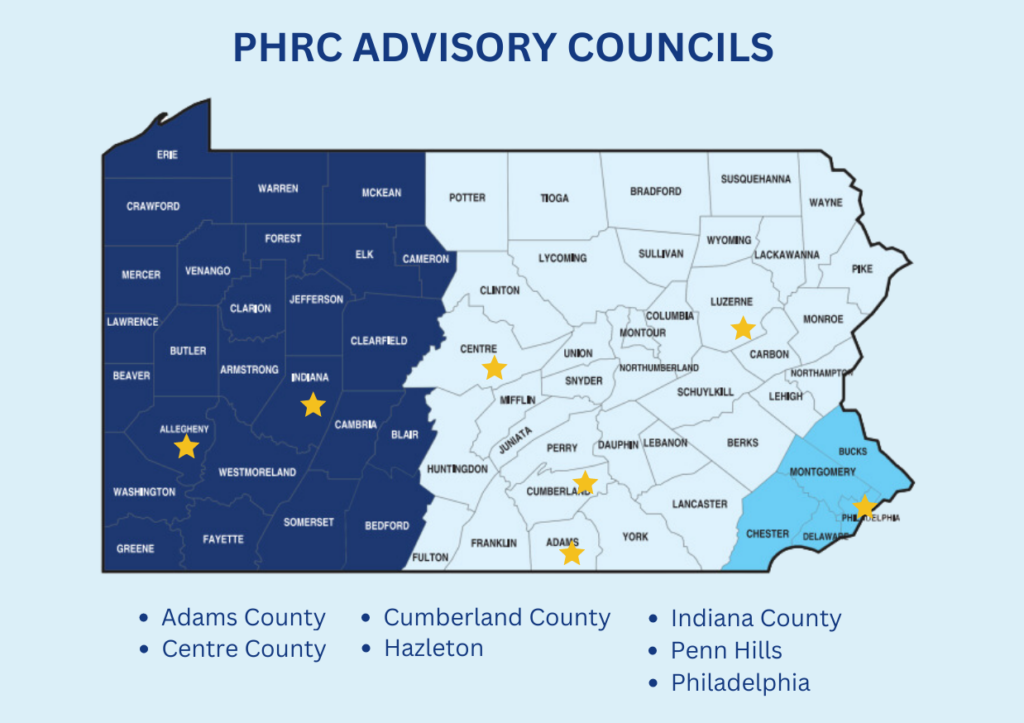The Pennsylvania Human Relations Commission is recruiting local partners to join it in building a culture of respect, equity and tolerance throughout the Commonwealth, Executive Director Chad Dion Lassiter said.
When community members get involved, “it helps us. It enhances us,” Lassiter told his audience Monday at YWCA Lancaster Monday evening.
The YWCA was one of the first stops on commission’s “Beloved Community Tour,” a statewide barnstorming campaign launched last month that will take Lassiter and his colleagues to all 67 counties in Pennsylvania. Lassiter said he hopes to complete the tour by next June.

Founded in 1955, the Pennsylvania Human Relations Commission is the agency charged with enforcing the state’s civil rights laws, which prohibit discrimination in education, employment, housing, business and public accommodations. A former University of Pennsylvania professor of social work, Lassiter became the commission’s executive director in 2018 and has been credited with reenergizing the commission and raising its public profile.
The commission can have up to 11 members. They are served by Lassiter and a staff, currently at 87, spread among three offices, in Philadelphia, Harrisburg and Pittsburgh.
Besides its enforcement work, the commission offers anti-racism and anti-bias training to police departments, schools, businesses and other organizations. Its outreach programs include lectures, town halls and “Lunch & Learn” events, all with a social justice focus.
It is working to expand its influence through local community Advisory Councils. Four Pennsylvania counties have them, as do Philadelphia, Hazleton and Penn Hills, a community outside Pittsburgh. They allow the commission and local communities to partner, share resources and address local issues.

Lancaster County does not have an active Advisory Council, but “we’re working on restarting one,” said Brittany Mellinger, the commission’s education outreach coordinator and a county resident.
Among the audience Monday were several members of the action team that has been meeting at YWCA to develop initiatives around the Racial Equity Profile released early this year. Their work is immensely challenging, and building ties between the team and the commission would be worthwhile, YWCA CEO Stacie Blake said.
Meanwhile, in May the commission announced its Social Justice Ambassador program. As with the Advisory Councils, ambassadors serve as liaisons between local communities and the state, making referrals and assisting with outreach. The commission hopes to appoint at least one ambassador in each county.
The commission is at the forefront of current battles over race and gender. In June, it passed new regulations defining the protected classes “race,” “sex” and “religious creed” under the Pennsylvania Human Relations Act. The changes codify protections for LGBTQ+ individuals; those for race include protections for Black hairstyles that are comparable to those pending in the CROWN Act, a bill that passed the state House earlier this month.
Throughout his comments Monday, Lassiter repeatedly returned to the theme of the Beloved Community.
A concept popularized by the Rev. Martin Luther King Jr., it envisions a social order based around ideals of inclusivity and shared humanity. Lassiter said he incorporated the framework into the commission’s work in response to reports documenting Pennsylvania’s large number of hate groups.
He cited a quote by Gov. Josh Shapiro: “No matter what you look like, where you come from, who you love or who you choose to pray to, you have a place in Pennsylvania.”
The principles of the Beloved Community don’t preclude strong differences of opinion, Lassiter said, but disagreement should be respectful, and never spill over into anger and hate, or into active discrimination.
“That’s what the Beloved Community is really about,” he said, “having these conversations; but also, highlighting the things that make us so similar, not different.”






